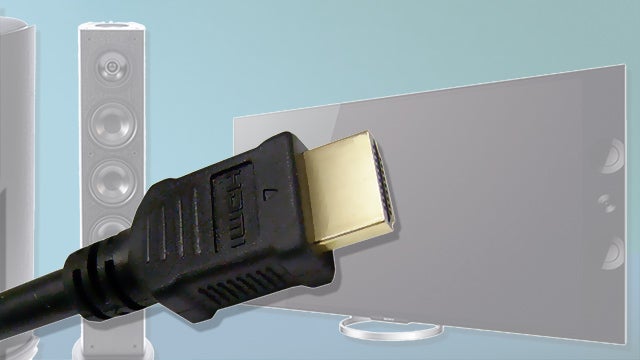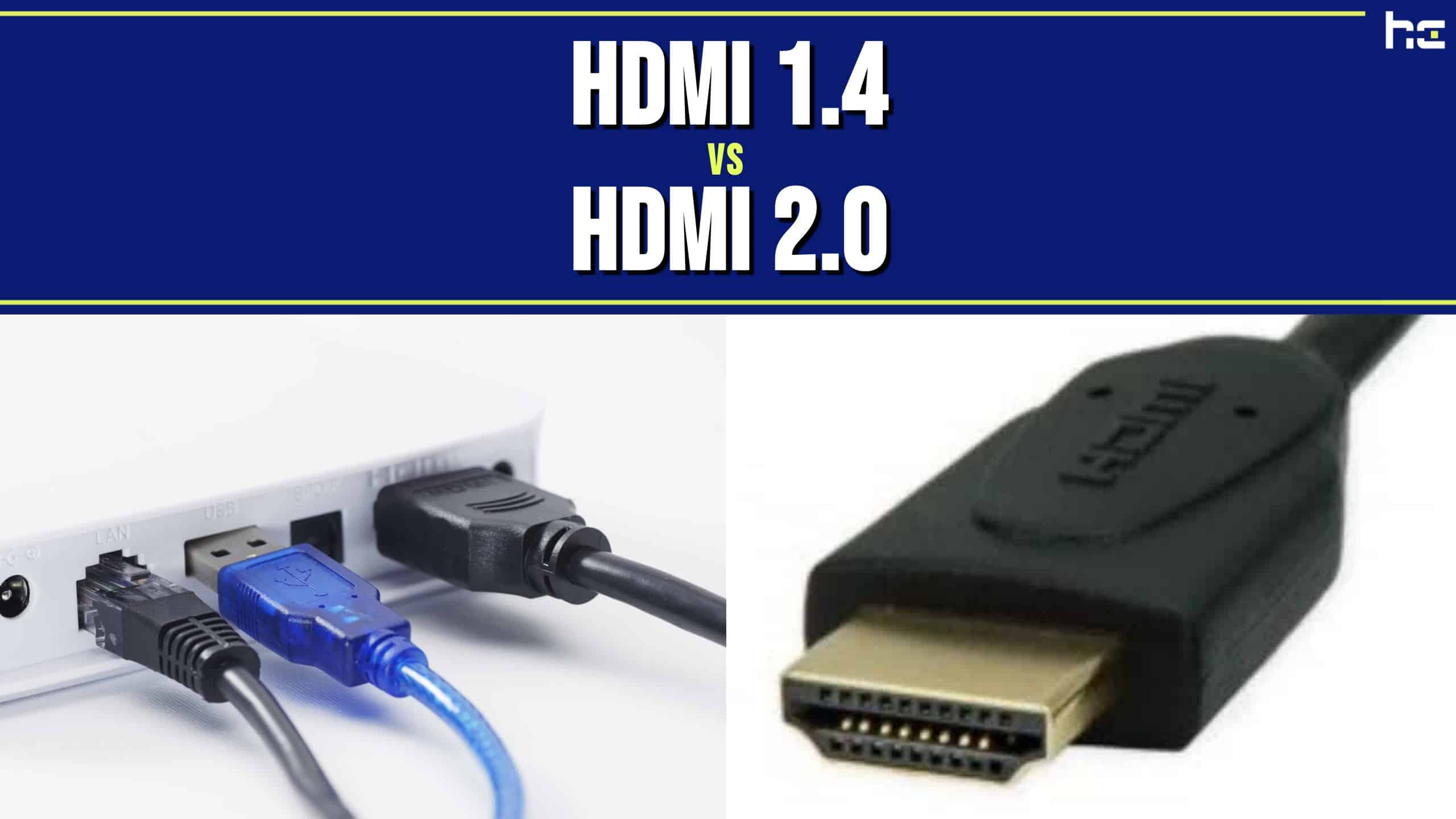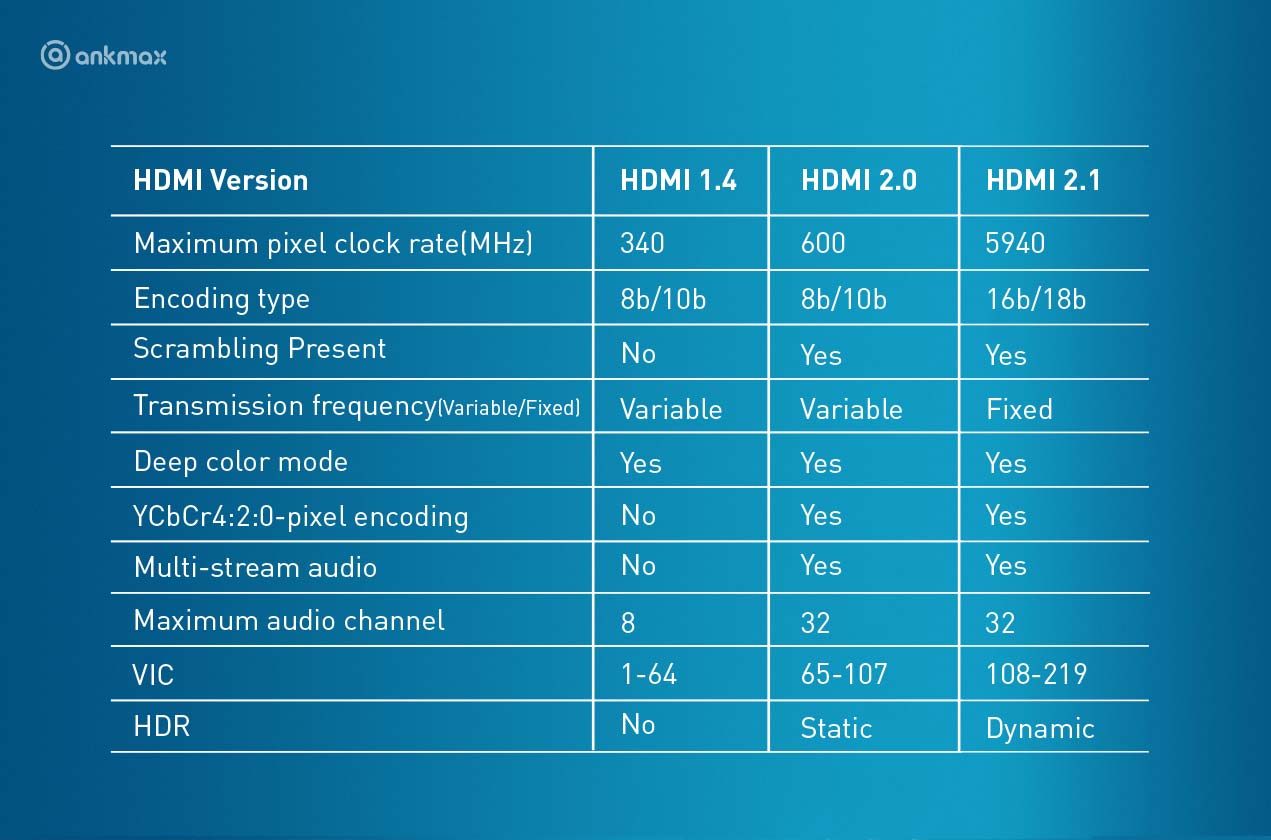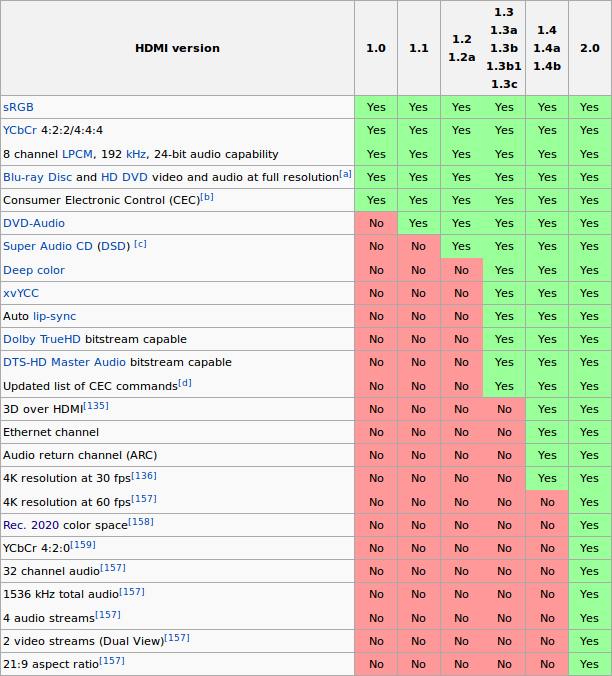Roads & PavementRoads & Pavement
Barefoot
Minimal
Low
Medium
High
Maximal
All around running shoes offer comfort and cushioning for daily runs, jogs, walks, and long mileage. They offer enough versatility for both faster and slower runs and are a great option for those who want one running shoe to do it all.
Fast run or uptempo running shoes are lightweight and responsive. They offer streamlined designs that have minimal uppers and offer a high level of energy return. These shoes are a great option for faster runs in the week or those looking for a livelier experience.
Max Cushion shoes offer premium cushioning with ample ground protection and a stable ride. These types of shoes provide abundant impact protection that softens landings while running at any pace or distance. These types of shoes are best for slower recovery runs and easy days where comfort takes priority.
Racing shoes are designed with optimal performance in mind. These types of shoes have snug-fitting uppers, energetic midsole foams, and features implemented for maximum efficiency. These types of shoes are best for runners looking to gain the ultimate advantage in races but may sacrifice some durability and comfort.
Gym Workout shoes offer a stable and versatile ride. They have a firmer underfoot feeling that provides stability for lateral movements with comfortable uppers. These types of shoes are best for trips to the gyms, cross training, casual wear, and light running. Choosing between HDMI 2.0 and HDMI 1.4 in NAS What is the difference
Road running shoes feature smooth outsoles that are designed for running on paved surfaces such as roads, sidewalks, and bike paths.
Designed to handle most trail runs, these shoes prioritize comfort and a smooth ride. These shoes are great for anything from smooth singletrack, park trails, and fireroads making them ideal for those who run from their doorstep on streets before hitting the trail.
These shoes are best used for hard, rugged trails such as shale, granite or sandstone where grip on smooth surfaces and underfoot protection are important.
Designed for use in muddy, soggy conditions, these shoes feature very aggressive outsoles that dig deep into soft ground for exceptional traction.
These shoes feature technical outsoles designed to grip snowy and icy trails making them ideal for winter trail running.
Cushioning level, or stack height, refers to how much shoe is between your foot and the ground. For this category, we reference the amount of cushioning below the forefoot as the heel height will be equal to or greater than the forefoot height.
HDMI 2.0 vs 1.4 What s the difference Trusted Reviews
0-13mm. The Shoe generally does not have a midsole and feels like there is no cushioning. This shoe is all about feeling the ground underfoot.
14-18mm. The shoe has a thin midsole that allows for a natural running experience. Racing shoes and minimalist shoes are common here. These shoes offer a feeling of being connected to the road or trail.
19-23mm. The shoe has a slightly cushioned feel and may feature added cushioning technologies. Performance training shoes and some trail shoes are common here. These offer protection during footstrike but prioritize a lightweight, grounded experience.
24-28mm. These shoes have a stack height that fall near the middle of the spectrum.The shoes in this category are verstaile and great for all types of runs and distances.
29-34mm. The shoe has a thick midsole and ample cushioning. These shoes are highly protective and absorb more impact than the body.
35mm plus. The shoe has an extremely thick midsole and extra cushioning. The focus is on protection and soft foam underfoot with hardly any ground feel.
Neutral shoes support the foot through a normal range of arch collapse and generally do not have a built-in technology to correct movement.
Stability shoes are a great option for those who overpronate or need added support. These shoes help to limit the inward rolling motion of the ankle while running or walking and assist in guiding the foot straight through the gait cycle. HDMI 1.4 vs. HDMI 2.0 6 Key Differences and Advantages to Upgrade
Product Details:
INARI HDMI Cable 1.83 m 8K HDMI 2.1 with 4k 120hZ HDR Dolby sales, HDMI 2.0 vs DisplayPort 1.4 Which Display Tech Should You Choose sales, Does HDMI affect the monitor refresh rate Quora sales, HDMI 1.4 2.0 2.1 Verification IP sales, HDMI 1.4 Cable HDMI 2.0 compatible Black 2m sales, What Is HDMI sales, Eluteng on X sales, Club 3D CAC 1082 DisplayPort 1.4 to HDMI 2.0B HDR Cable Male sales, What Is The Distinction Between HDMI 2.0 And HDMI 1.4 ProScreenCast sales, Understand HDMI 2.1 and HDMI 2.0 and relationship of bandwidth and sales, MC DP HDMI 10004K MicroConnect 4K DisplayPort 1.4 HDMI 2.0 sales, Do You Know The Difference Between HDMI 1.4 HDMI 2.0 and HDMI 2.1 sales, HDMI 1.4 Vs 2.0 What is The Major Difference uni sales, FORSPARK High Speed Ultra HDMI Cable 4Feet 1.3m with Ethernet sales, What Is The Distinction Between HDMI 2.1 HDMI 2.0 and HDMI 1.4 sales, DisplayPort 1.4 vs. HDMI 2.1 What You Need to Know sales, HDMI 1.4 vs 2.0 vs 2.1 What You Need to Know YouTube sales, HDMI 2.1 Vs. DisplayPort 1.4 Comparing Unknown Facts uni sales, HDMI Cables for Connecting PS4 PS4 Pro and PS5 to Gaming sales, Are there different types of HDMI ports 1.4 2.0 or are these sales, Is it necessary to change your HDMI cables to enjoy 4K Ultra HD sales, What s HDMI 2.1 Coolblue anything for a smile sales, Is HDMI Backward Compatible sales, HDMI 1.4 vs 2.0 vs 2.1 What You Need to Know sales, When Do I Really Need HDMI 2.1 or Is HDMI 2.0 Enough BenQ US sales, HDMI 1.4 vs 2.0 Understanding the Differences GEEKOM sales, Features and Specifications of HDMI 2.0 Cables C2G sales, If I connect an HDMI 2.0 PC to an HDMI 1.4 TV will it work My TV sales, What is the difference between HDMI 1.4 and 2.1 Comparing sales, What s the Difference Between HDMI 1.4 and HDMI 2.0 sales, HDMI 2.1 What You Need to Know PCMag sales, FAQ about HDMI All You Need To Know iVANKY sales, HDMI 2.0 What you need to know CNET sales, HDMI 2.1 vs DisplayPort 1.4 Comparison Tech Centurion sales, All HDMI 2.0 Implementations Are not Equal CNX Software sales, HDMI 2.1 vs 2.0 vs 1.4 What s the Difference Ankmax Official Shop sales, HDMI 1.4 vs. HDMI 2.0 6 Key Differences and Advantages to Upgrade sales, HDMI 2.0 vs 1.4 What s the difference Trusted Reviews sales, Choosing between HDMI 2.0 and HDMI 1.4 in NAS What is the difference sales, What s the Difference Between HDMI 1.4 and HDMI 2.0 sales, What is the difference between HDMI 1.3 and 2.0 Quora sales, HDMI Versions HDMI Version 1.0 to 2.1 Explained sales, HDMI Wikipedia sales, HDMI 1.4 Vs 2.0 What is The Major Difference uni sales, HDMI 1.3 vs HDMI 1.4 vs HDMI 2.0 What are the differences AVLT sales, HDMI 2.1 vs 2.0 vs 1.4 What s the Difference Ankmax Official Shop sales, Is there a way to get my laptop which has an HDMI 1.4 port to sales, HDMI 1.4 vs. HDMI 2.0 6 Key Differences and Advantages to Upgrade sales, HDMI 1.4 vs 2.0 Cable Are There Any Differences Between Them sales, HDMI 1.4 vs HDMI 2.0 Explained sales, Product Info:
Hdmi 1.4 a 2.0 sales.
- Increased inherent stability
- Smooth transitions
- All day comfort
Model Number: SKU#7511210





